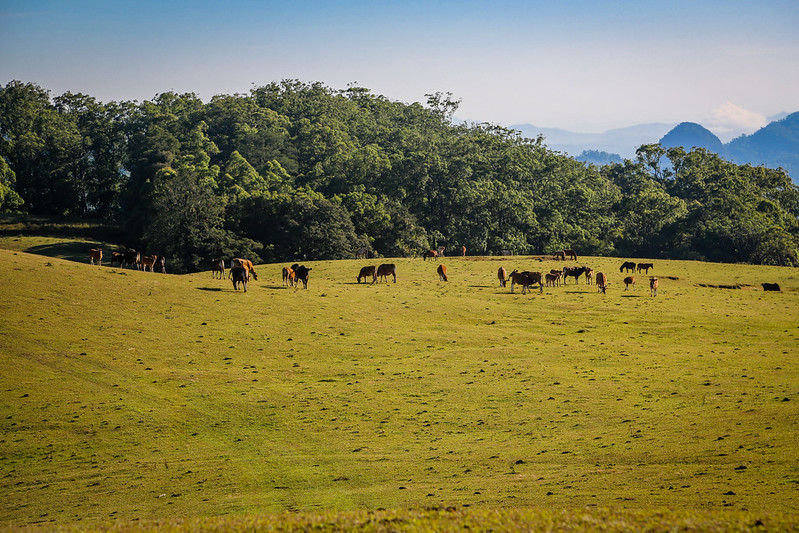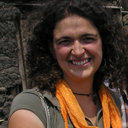
As a multifunctional approach, agroforestry connects the need for profitable livelihoods, quality of human lives and healthy ecosystems. It contributes to many sustainable development goals as diverse as poverty reduction, biodiversity conservation, sustainable land management, gender equality, health, access to clean water and sustainable energy solutions. By its production of multiple resources on a given unit of land and its promotion of ecosystem diversity, agroforestry represents a promising path for the critical transition to healthy agroecosystems and sustainable development. However, the implementation of agroforestry practices faces many challenges related to the use of local knowledge, farmers’ participation, availability of appropriate technologies, research, education and training, among others. This session aims to find ways for agroforestry to help transitioning to a viable development.
CIFOR-ICRAF Speaker

Geneviève Laroche
Presentations
We do it together: exploring gender jointness in agroforestry decision-making and management in Eastern Rwanda
Geneviève Laroche, World Agroforestry, Rwanda
Farmer Decision-Making in Forest Garden Design and Implementation
Elizabeth Moore, Trees for the Future, United States
Serious games as a way to foster social learning of local actors and researchers towards sustainable agroforestry management
Martin Notaro, CIRAD, Ivory Coast
Participatory training approach of sharing knowledge and research results for better adoption of organic cocoa agroforestry systems
Johanna Rüegg, Research Institute for Organic Agriculture FiBL, Switzerland


















